If you’re looking to enhance your well-being through nutrition, you’ve probably wondered about the components of a balanced diet. It’s a common inquiry, tackling the essentials such as calorie intake, protein sources, vitamins and minerals, healthy fats, and dietary fiber. Discover the nutritional distinctions in organic foods, and learn practical strategies for making healthier choices while dining out, staying properly hydrated, and reducing sugar consumption. Ultimately, these questions emphasize the significance of nutrition education in making informed dietary decisions that align with a wholesome lifestyle. So, let’s explore what truly constitutes a balanced diet and how you can incorporate it into your daily routine.
In This Article
ToggleCalorie Intake
When it comes to maintaining a healthy diet, one important factor to consider is your calorie intake. Calorie intake refers to the amount of energy you get from the food you consume. It’s crucial to strike a balance between consuming enough calories to fuel your body’s functions while avoiding excessive intake that can lead to weight gain.
To determine the appropriate calorie intake for your body, it’s essential to consider factors such as your age, gender, activity level, and overall goals. If you’re trying to maintain your weight, your calorie intake should match the number of calories you burn. On the other hand, if you’re looking to lose or gain weight, adjustments can be made accordingly.
Monitoring your calorie intake can help you make informed choices about the foods you eat and maintain a healthy weight. Keep in mind that it’s not just about the number of calories, but also the quality of those calories. A balanced diet should include a variety of nutrient-dense whole foods while limiting the consumption of empty-calorie snacks and sugary beverages.
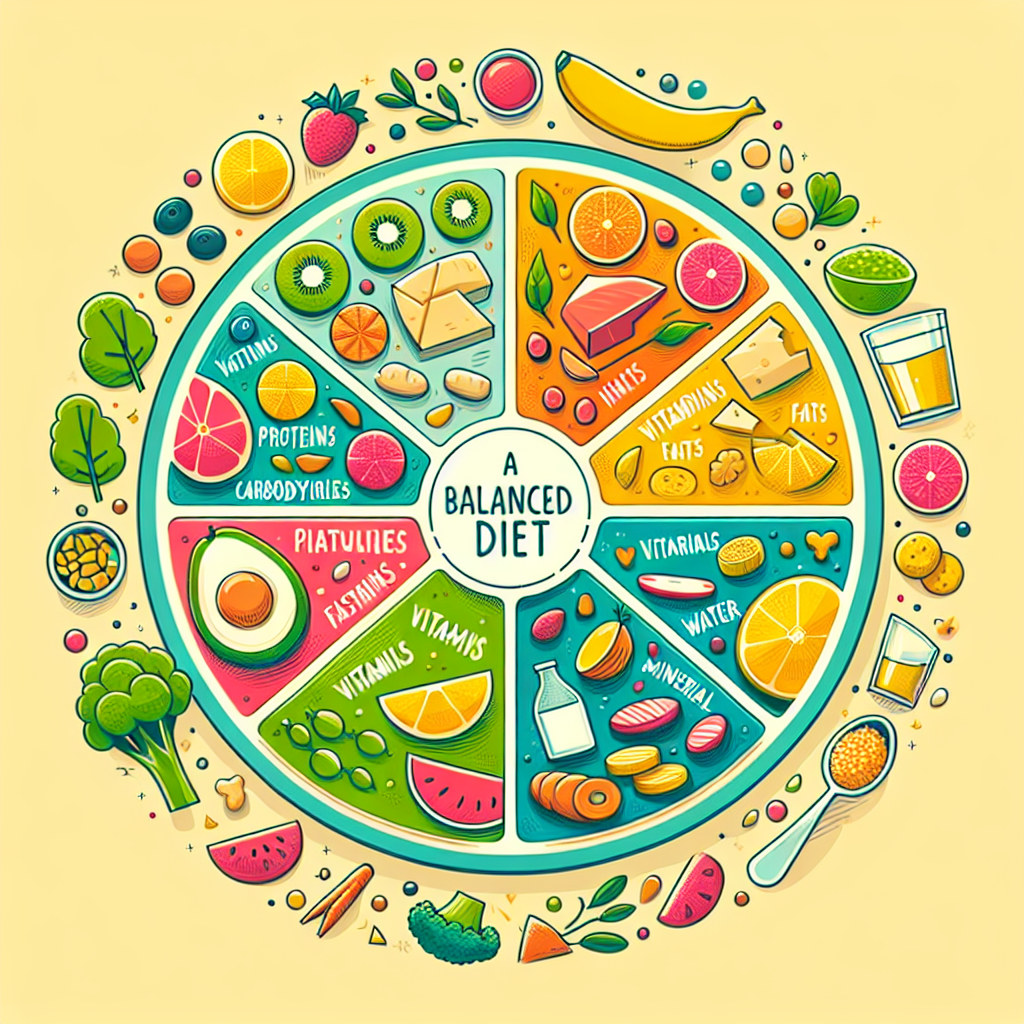
Protein Sources
Protein is a crucial component of a balanced diet as it plays a vital role in building and repairing tissues, supporting immune function, and providing a source of energy. Including adequate protein sources in your diet can help you feel satisfied and maintain muscle mass.
Good sources of protein include lean meats such as chicken, turkey, and fish. Vegetarian options like tofu, beans, lentils, and quinoa are also excellent sources of protein. It’s important to incorporate a variety of protein sources into your diet to ensure you’re getting all the essential amino acids your body needs.
Vitamins and Minerals
Vitamins and minerals are essential for various bodily functions, from supporting immune health to aiding in the proper functioning of organs and systems. Including a wide range of fruits, vegetables, whole grains, and lean proteins in your diet can help ensure you’re getting an adequate amount of vitamins and minerals.
Some important vitamins and minerals to pay attention to include vitamin C, vitamin D, calcium, iron, and potassium. These nutrients can be found in foods such as oranges, leafy greens, dairy products, lean meats, and nuts. It’s always a good idea to consult with a healthcare professional or a registered dietitian to determine if any specific vitamin or mineral supplements are needed.
Healthy Fats
Contrary to popular belief, not all fats are bad for you. In fact, incorporating healthy fats into your diet is crucial for overall health. Healthy fats, such as monounsaturated and polyunsaturated fats, can provide energy, support cell growth, and protect organs.
Sources of healthy fats include avocados, nuts, seeds, and olive oil. These foods can be incorporated into meals and snacks to add flavor and increase satiety. It’s important to consume healthy fats in moderation, as they are still a source of calories. Balancing your fat intake with other macronutrients is key to a balanced diet.

Dietary Fiber
Dietary fiber is an essential component of a healthy diet as it aids in digestion, helps maintain a healthy weight, and reduces the risk of certain diseases. It’s important to consume both soluble and insoluble fiber as part of a balanced diet.
Soluble fiber can be found in foods such as oats, beans, fruits, and vegetables. It helps lower cholesterol levels and regulates blood sugar. Insoluble fiber, on the other hand, is found in whole grains and promotes regular bowel movements. Including a variety of fiber-rich foods in your diet can help you meet your daily fiber requirements.
Organic Foods
Organic foods have gained popularity in recent years, with people seeking out products that are free from pesticides and other potentially harmful chemicals. While organic foods can be a part of a healthy diet, it’s important to note that they are not inherently more nutritious than conventionally grown foods.
Organic farming practices focus on minimizing synthetic inputs, but the nutritional content of organic and conventional foods can be similar. It’s important to prioritize a diverse range of fruits, vegetables, whole grains, and lean proteins in your diet, whether they are organic or not.
Making Healthy Choices When Dining Out
Eating out can pose a challenge when trying to maintain a balanced diet, but it’s not impossible to make healthier choices. When dining out, it’s important to pay attention to portion sizes, choose dishes with lots of vegetables, opt for lean proteins, and watch out for added sugars and unhealthy fats.
Additionally, don’t be afraid to ask for modifications to your meal, such as substituting fries for a side salad or requesting dressings and sauces on the side. Being mindful of your portion sizes and making healthier choices when dining out can help you stay on track with your overall nutrition goals.
Proper Hydration
Staying properly hydrated is essential for overall health and can contribute to maintaining a balanced diet. Water plays a crucial role in various bodily functions, such as regulating body temperature, aiding in digestion, and transporting nutrients.
The general recommendation is to drink at least eight glasses of water per day, but individual needs may vary depending on factors such as activity level and climate. It’s important to listen to your body’s thirst cues and drink water regularly throughout the day.
Reducing Sugar Consumption
Excess sugar consumption has been linked to various health issues, including obesity, type 2 diabetes, and heart disease. It’s important to be mindful of the added sugars in foods and beverages, as they can contribute to excessive calorie intake without providing essential nutrients.
To reduce sugar consumption, opt for whole foods rather than processed snacks and sugary drinks. Be aware of hidden sugars in condiments, sauces, and packaged foods. Choosing naturally sweet foods like fruits and minimizing the intake of sugary desserts and beverages can help you reduce your overall sugar consumption.
Importance of Nutrition Education
Understanding the importance of nutrition education is key to making informed dietary choices that support a healthy lifestyle. Nutrition education provides the knowledge and skills necessary to navigate the vast array of food options and make choices that promote overall well-being.
By learning about the components of a balanced diet, individuals can gain the tools they need to plan nutritious meals, understand food labels, and make informed decisions when dining out. Nutrition education empowers individuals to prioritize their health and take control of their dietary choices, ultimately leading to a higher quality of life.
In conclusion, a balanced diet includes appropriate calorie intake, a variety of protein sources, essential vitamins and minerals, healthy fats, dietary fiber, and a focus on whole foods. While organic foods can be an option, their nutritional benefits are similar to conventionally grown foods. Making healthy choices when dining out, staying properly hydrated, reducing sugar consumption, and understanding the importance of nutrition education are all crucial aspects of maintaining a healthy lifestyle. By incorporating these principles into your daily life, you can support your overall health and well-being.
Related posts:
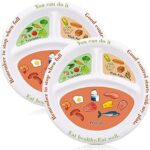 Ultimate Portion Control Plates: Bariatric Diet Essentials for Weight Loss and Balanced Nutrition
Ultimate Portion Control Plates: Bariatric Diet Essentials for Weight Loss and Balanced Nutrition
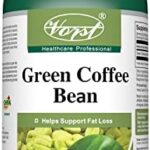 VORST Green Coffee Bean Extract: Natural Weight Loss Supplement for Men and Women | Appetite Suppressant, Fat Burner, and Cardiovascular Health Booster | 90 Capsules, 400mg | Supports Balanced Glucose Levels | 1 Bottle
VORST Green Coffee Bean Extract: Natural Weight Loss Supplement for Men and Women | Appetite Suppressant, Fat Burner, and Cardiovascular Health Booster | 90 Capsules, 400mg | Supports Balanced Glucose Levels | 1 Bottle
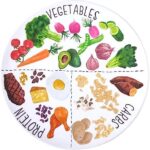 Viynran Portion Control Plate: A Nutritious Solution for Balanced Eating – Ideal for Adults and Teens – Includes Melamine Dividers for Weight Management and Diabetes Control (1 Pack)
Viynran Portion Control Plate: A Nutritious Solution for Balanced Eating – Ideal for Adults and Teens – Includes Melamine Dividers for Weight Management and Diabetes Control (1 Pack)
 What are simple ways to reduce sugar in my diet?
What are simple ways to reduce sugar in my diet?
 What’s The Best Diet For My Fitness Goals?
What’s The Best Diet For My Fitness Goals?
 New Beginnings: A Woman’s Weight Loss Journey – Daily Accountability and Inspiration for Diet and Exercise – Your Meal and Fitness Journal – Stay on Track with Motivation and Planning
New Beginnings: A Woman’s Weight Loss Journey – Daily Accountability and Inspiration for Diet and Exercise – Your Meal and Fitness Journal – Stay on Track with Motivation and Planning



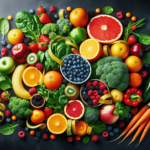
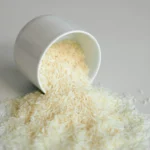



No comment yet, add your voice below!